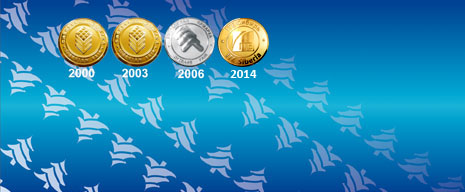 |
 |
The Ratio of Theoretical and Empirical in the Teaching of Chemistry
Theoretical models are an effective tool for knowledge in the sciences of nature. However, in pedagogy, in the methodology and methodology of teaching natural sciences, there is a real danger of completely replacing the study of nature with the study of models. This danger does not diminish, but increases with the development of science due to the gradual increase in the share of theory in the total amount of scientific knowledge and its complication. The article analyzes the main methodological errors in the teaching of chemistry related to the ratio of theoretical and empirical in the educational material. This is a complete identification of the model of an object or phenomenon with reality; the use of theoretical models alone to describe natural objects and phenomena, without illustrating empirical facts; the use of empirical facts alone to describe the properties and reactivity of chemical compounds. Theoretical models in sections of chemistry should be studied precisely as models, and not as natural objects or phenomena. It is proposed to focus on the predictive capabilities of the model being studied, while at the same time discussing the inevitable assumptions and simplifications made during its creation. It is proposed to conduct a comparative analysis of the predictive power of alternative models, if they are available for the same natural object or phenomenon.
Keywords: models of objects, phenomena; the ratio of theoretical and empirical teaching; inorganic chemistry, organic chemistry.
Сайт поддерживается в Новосибирском институте повышения квалификации и переподготовки работников образования и является участником Новосибирской открытой образовательной сети

